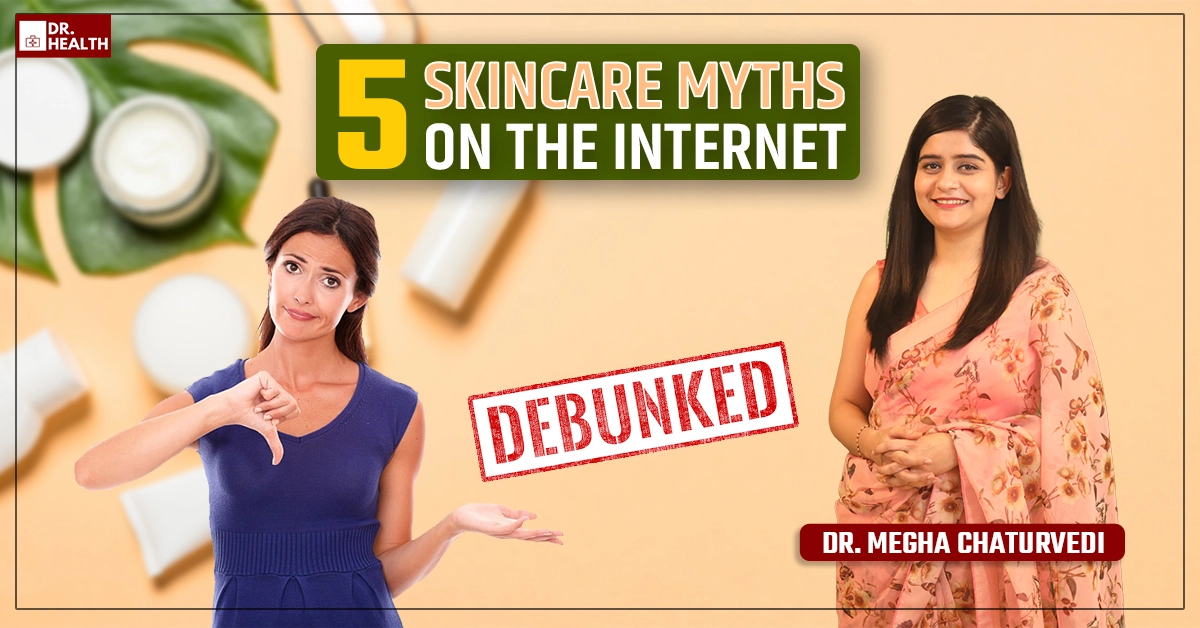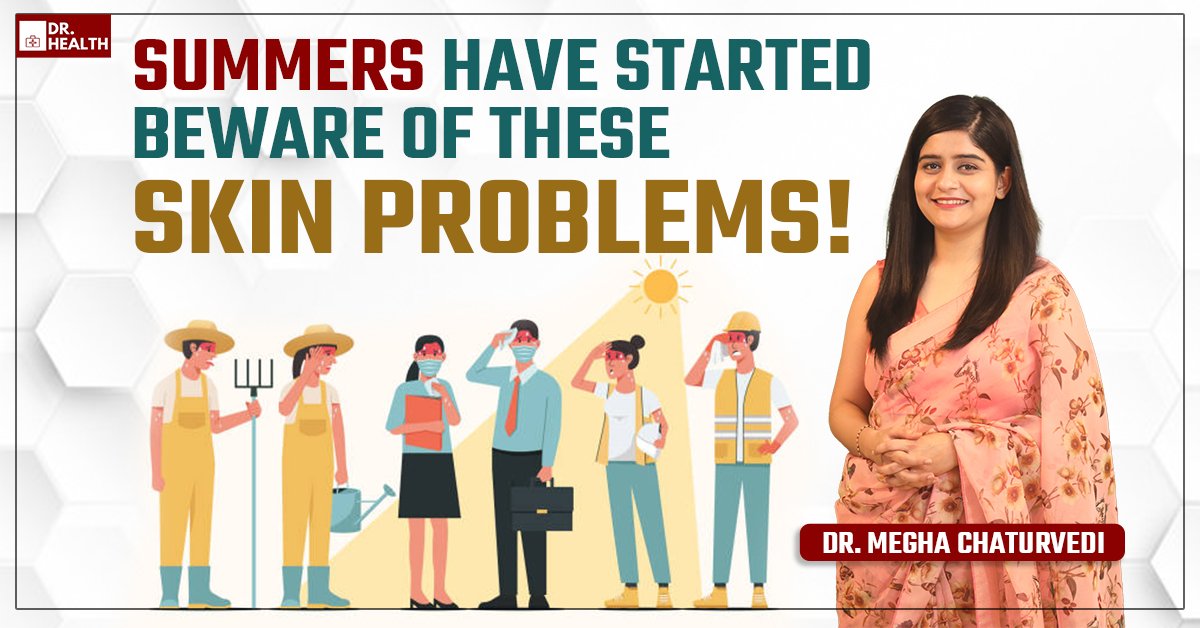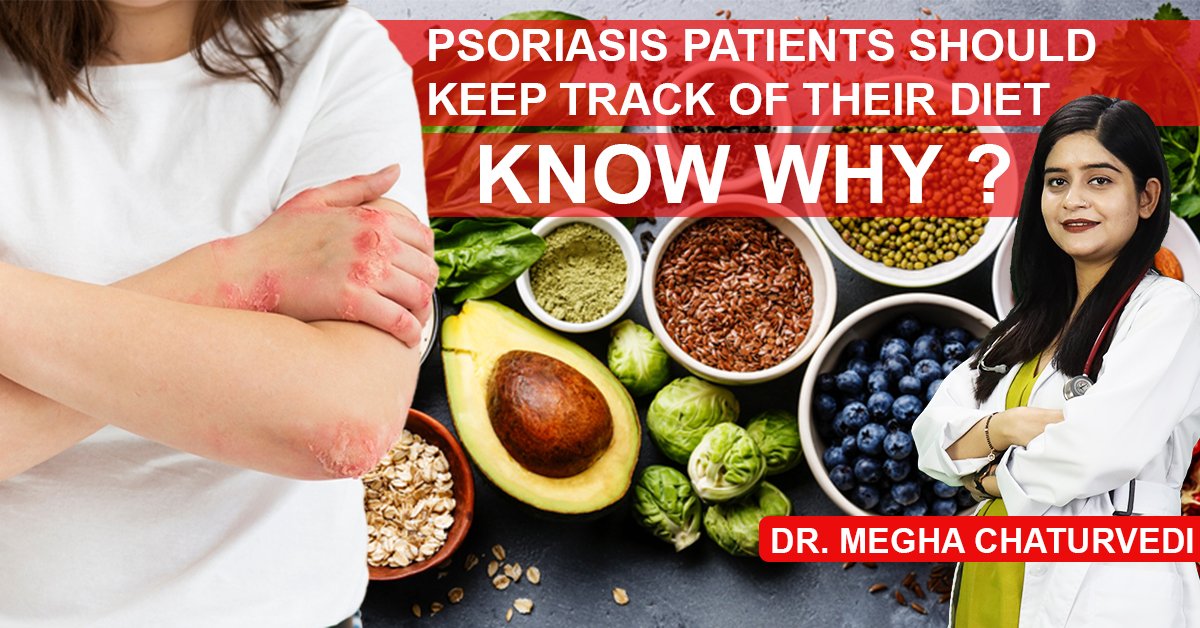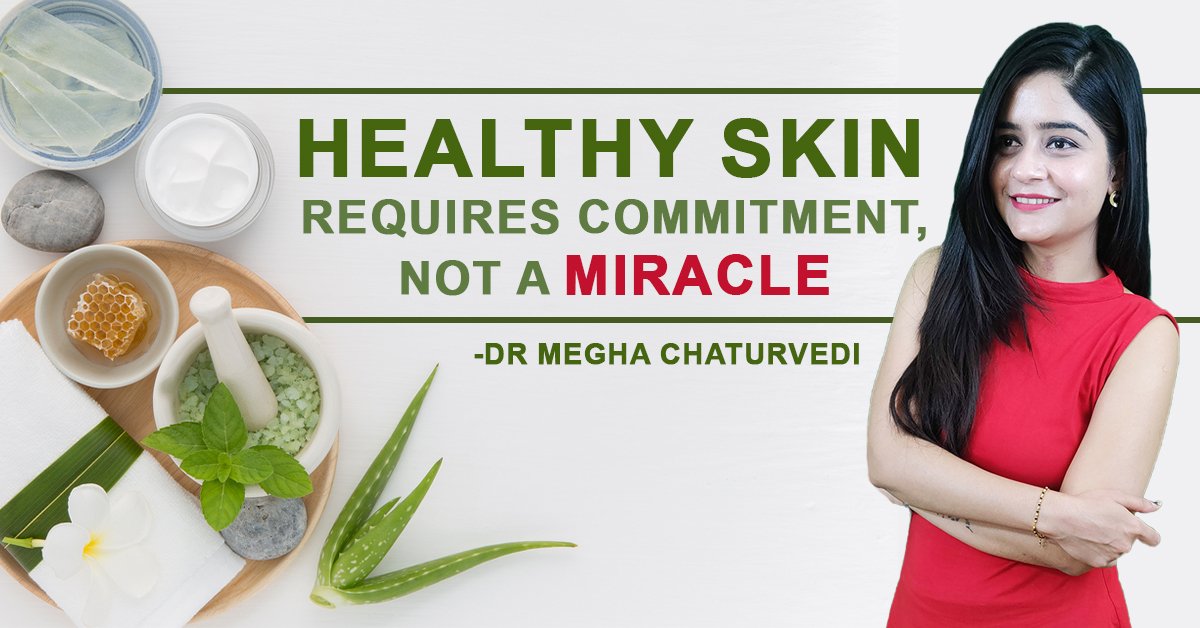Skincare

Skincare Myths on the Internet Debunked by Skincare Expert – Dr. Megha Chaturvedi
Thanks to the internet & old wives’ tales, there are ‘n’ numbers of skincare advice being thrown around—and not all of it is good. In fact, some of this ‘advice’…

6 Common Skin Problems In Summers
When riding through these busy roads to my office, I have seen many people who are indulged in their daily work without even using any sunblocks or any accessories such…

Is It Safe To Drink Milk After Chicken? Here’s The Answer!
Do you think twice before taking milk because you had chicken or fish for lunch or dinner? It’s not just you – there are many who are uncertain about this…

Have You Ever Wondered Why Psoriasis Patients Are Asked To keep track of Their Diet?
Present days are so advanced that various treatments are available to manage Psoriasis, from skin ointments to medications that alter your immune system. But have you ever wondered that your…

Dr. Megha Chaturvedi’s Skincare Routine –The Secret to Look Youthful in your 30s
Looking for skincare advice? Do you ever wonder what skincare tips dermatologists use themselves to maintain a healthy skincare routine? Enter, a dermatologist. Well, the expert dermatologist – Dr. Megha…